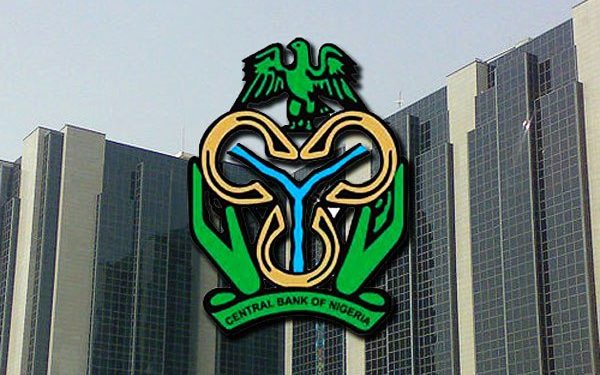- The increment was announced by the apex bank governor on Tuesday during the Monetary Policy Committee (MPC) meeting
The Central Bank of Nigeria (CBN) has again increased interest rate as it intensities effort to steady the economy.
The CBN increased its Monetary Policy Rate (MPR) to 27.25%.
The increment was announced by the apex bank governor on Tuesday during the Monetary Policy Committee (MPC) meeting.
This move was part of the bank’s efforts to tackle rising inflation and stabilise the economy.
Recall that in July 2024, the CBN raised its Monetary Policy Rate (MPR) by 800 basis points to 26.75 per cent, up from 13 per cent in May 2022.
Cardoso noted that the move will help improve confidence, which will enable economic agents to plan in the medium to long term.
“The committee was, however, unanimous in recognising that a lot more is required to actualise the bank’s price stability mandate,” he noted.
“The MPC noted that even though headline inflation trended downwards due to a moderation in food inflation, core inflation has remained elevated, driven primarily by rising energy prices.
“The uptrend poses severe concerns to members as it clearly indicates the persistence of inflationary pressures. Members thus reiterated the need to work in close collaboration with the fiscal authority to address the current upward pressure on energy prices.
“The MPC noted the continued growth in money supply, recognising the need to curtail excess liquidity in the system as well as address foreign exchange demand pressures.”
Cardoso said the MPC was worried about the fiscal deficits.
However, he said the federal government has pledged not to resort to ways and means for monetary financing.
“Members were also concerned about the growing level of fiscal deficit but acknowledged the commitment of the fiscal authority not to resort to monetary financing through ways and means,” he said
Also, Cardoso lauded the federal government for the effort put into stabilising food prices.
He said the committee expressed optimism that “the lifting of refined petroleum products from Dangote Petroleum Refinery will moderate transportation costs and significantly support the easing of food price pressures in the short to medium term”.
“This is also expected to moderate foreign exchange demand for importation of refined petroleum products, with a positive spillover on external reserve and improvement in the overall balance of payment position,” he said.
Meanwhile, experts have said monetary measures by the CBN to tame inflation and put the economy on a sound footing may not yield positive results if the federal government does not put in place responsive and appropriate macroeconomic policies.
